The experience of individuals on the move is often marked by traumatic events, uncertainty, and significant challenges. The migration process can expose individuals to a range of psychological stressors, including violence, separation from loved ones, and the loss of familiar surroundings. In this segment, you can find a comprehensive overview of various initiatives, research, and programmes aimed at improving mental health and providing support (MHPSS) to vulnerable populations within migration flows developed within the framework of the regional GIZ project on Preventing and Combatting Trafficking in Human Beings in the Western Balkans (PaCT), in collaboration with NGOs such as “World Vision,” “Zene sa Une,” “Group 484,” and the “Association for Sexual and Reproductive Health (SRH)”.
It discusses the importance of addressing mental health issues, the inclusion of different groups, and the need for innovative approaches. The texts touch upon themes such as occupational therapy, prevention of trafficking, LGBTI+ support, and the provision of mental health services for people in transit. By implementing these initiatives and recommendations, it is possible to enhance mental health preservation, prevent trafficking, and foster the well-being and resilience of individuals during migration movements
PaCT supported its NGO partners in developing tailored mental health and psychosocial support (MHPSS) approaches, incorporating a gender-sensitive and digital approach. It utilised tools such as e-counselling platforms, e-learning, art therapy, psychosocial counselling, coaching, and gardening as therapeutic tools. The project also put emphasis on peer-to-peer support, staff care, and the integration of self-care measures into the work of partner organisations.
The main benefits of the project include the development and implementation of context-specific MHPSS approaches, an increased awareness of trafficking risks and available services, enhanced knowledge and accountability of service providers, and regional and international networking and exchange of experiences.
Over 8,000 people have benefited from the provided MHPSS services in reception centres and support facilities, with more than 20,000 services delivered to beneficiaries throughout the Western Balkan region. The project has developed publications such as a toolbox for assessing the well-being of refugees and migrants, a handbook on preventing trafficking among young men and boys in a migration context, and a report on improving the inclusion of LGBTI+ refugees.

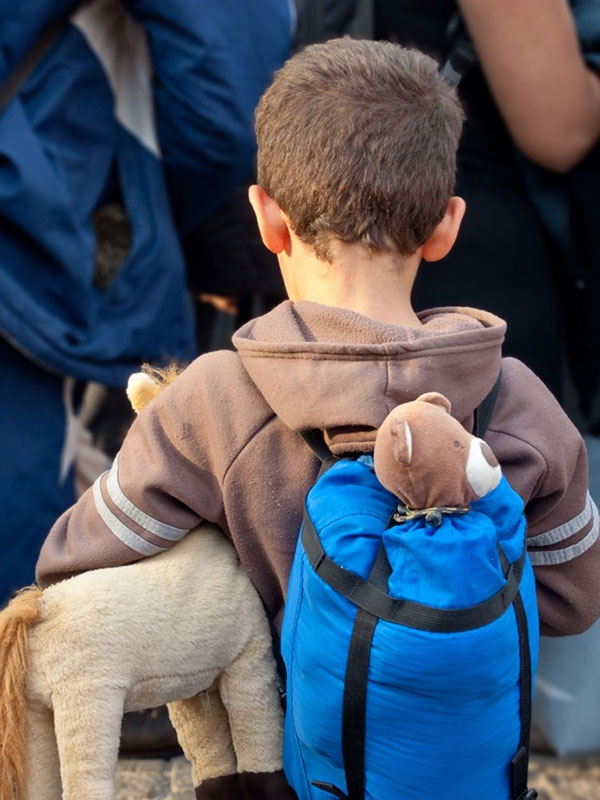
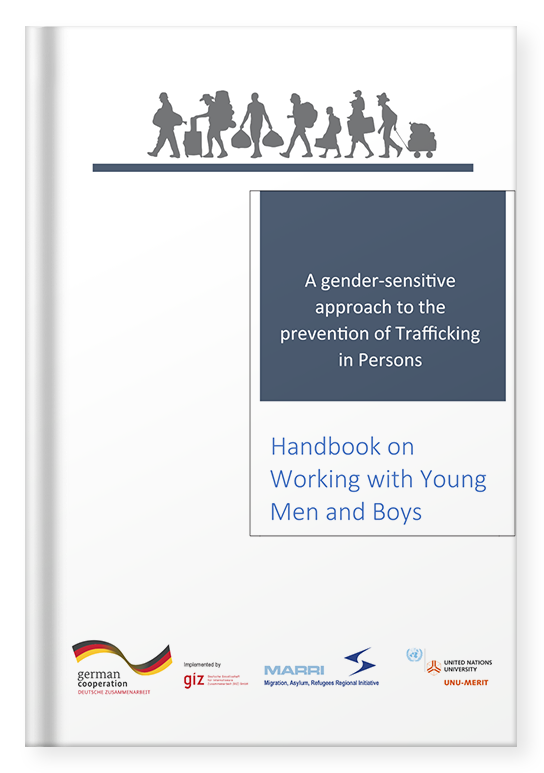
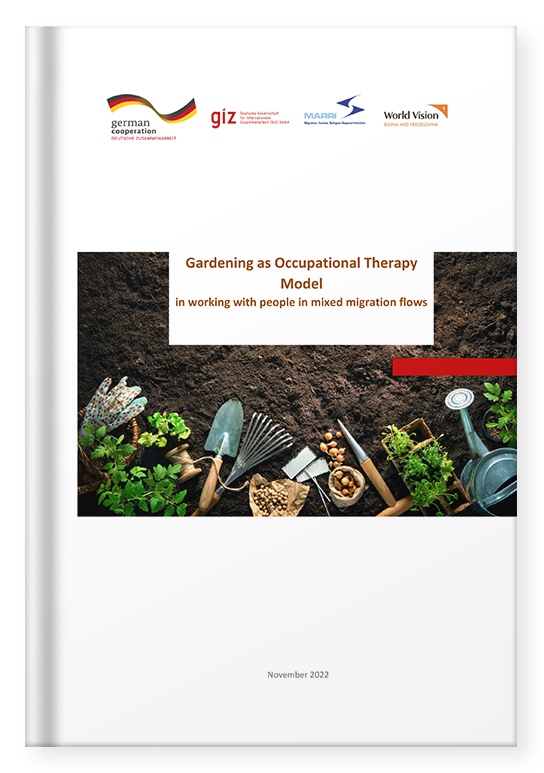
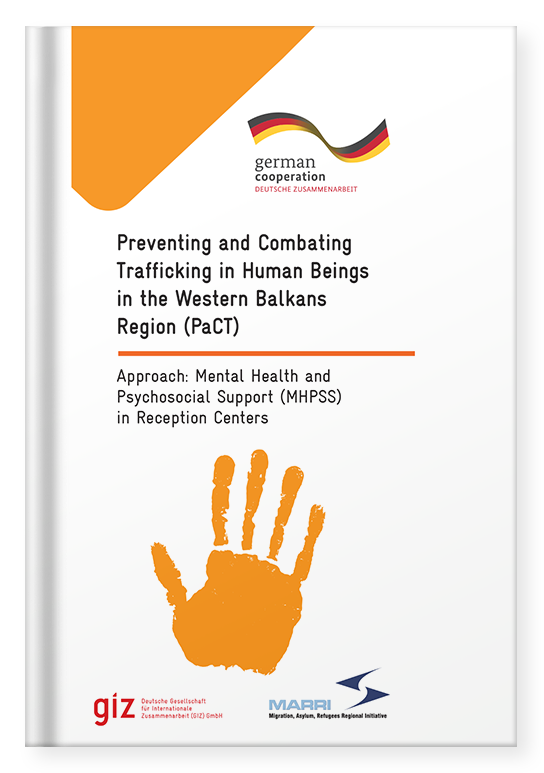
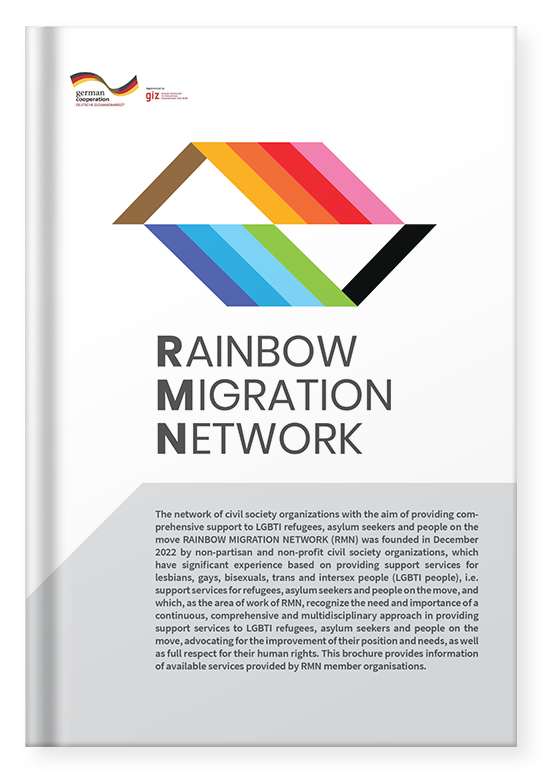
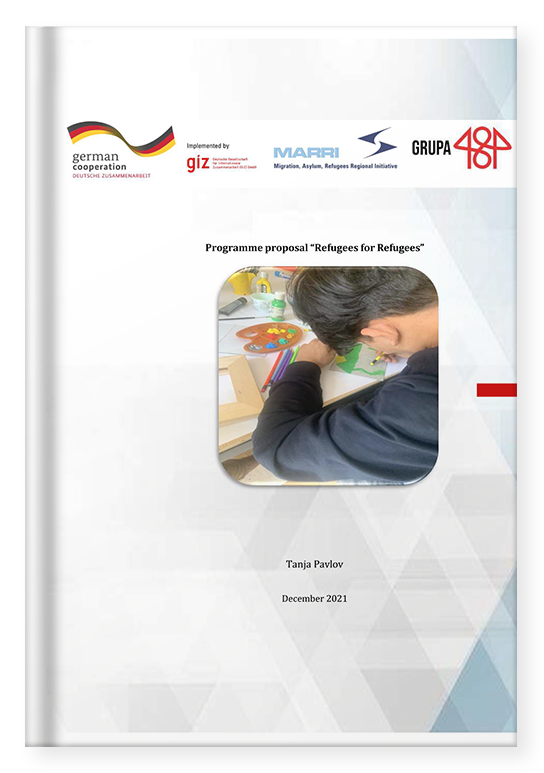
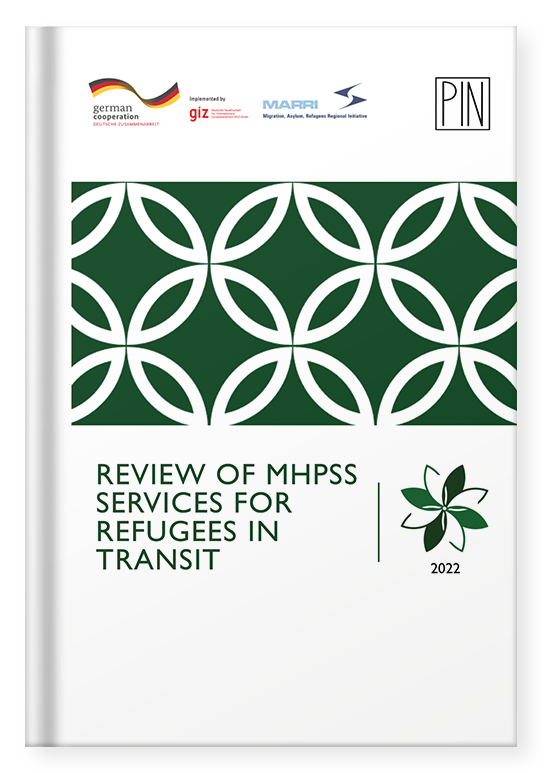
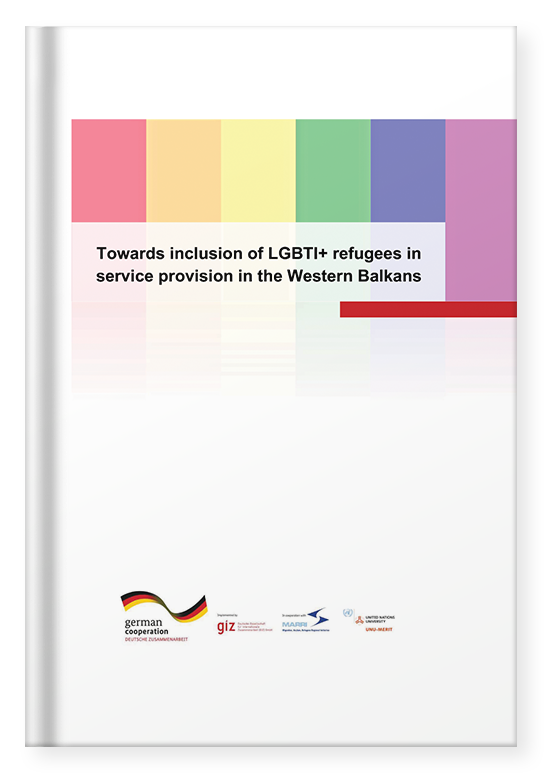
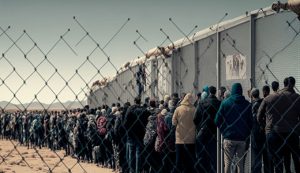 The PaCT project, in collaboration with NGOs, has implemented tailored mental health and psychosocial support approaches for vulnerable populations within migration flows.
The PaCT project, in collaboration with NGOs, has implemented tailored mental health and psychosocial support approaches for vulnerable populations within migration flows.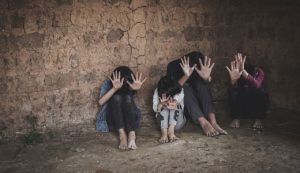 The focus of this segment is on providing comprehensive mental health and psychosocial support to all victims of human trafficking seeking refuge in shelters.
The focus of this segment is on providing comprehensive mental health and psychosocial support to all victims of human trafficking seeking refuge in shelters. This segment highlights the significance of prioritizing staff care and self-care strategies for service providers and helpers working with victims of human trafficking and individuals on the move.
This segment highlights the significance of prioritizing staff care and self-care strategies for service providers and helpers working with victims of human trafficking and individuals on the move.